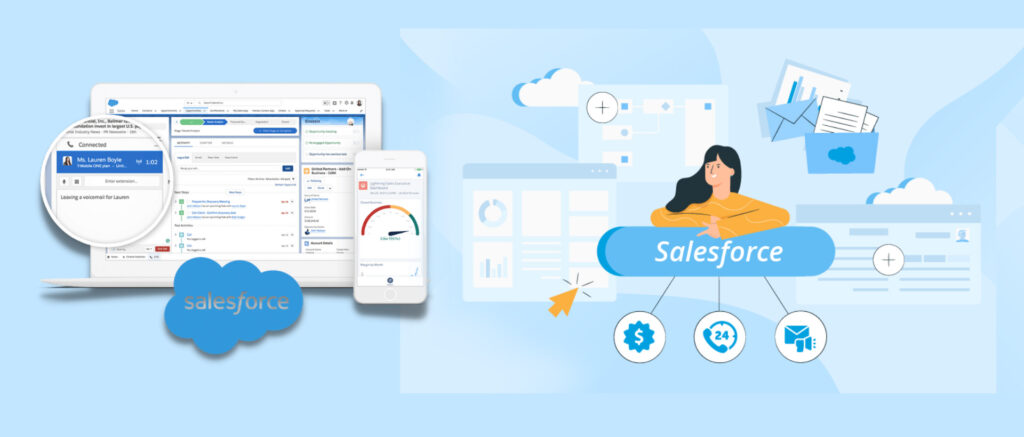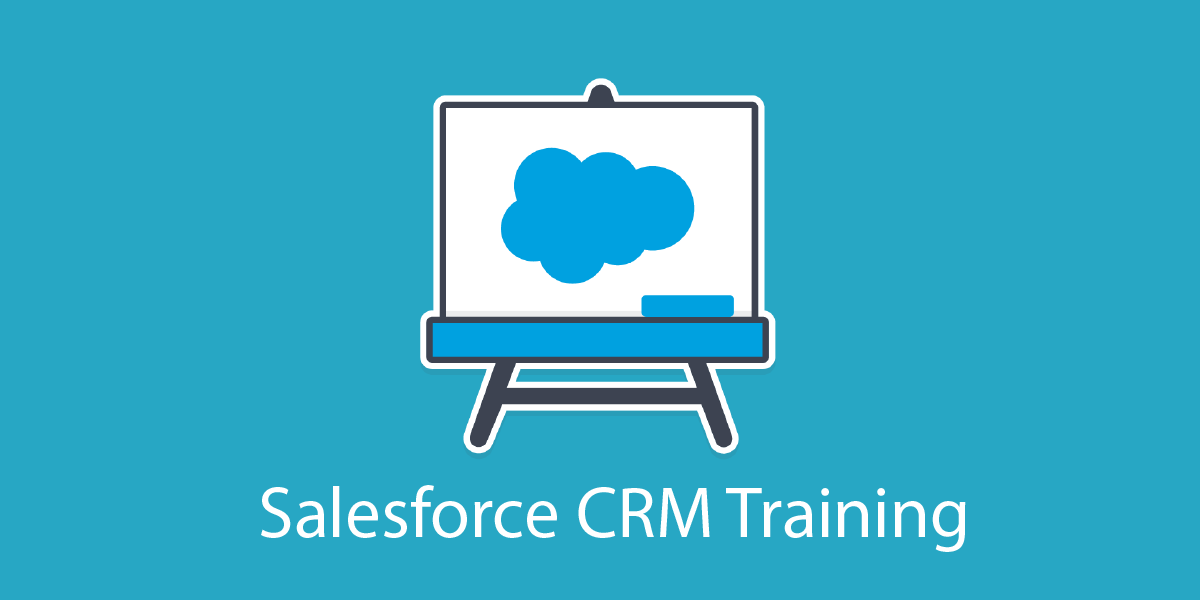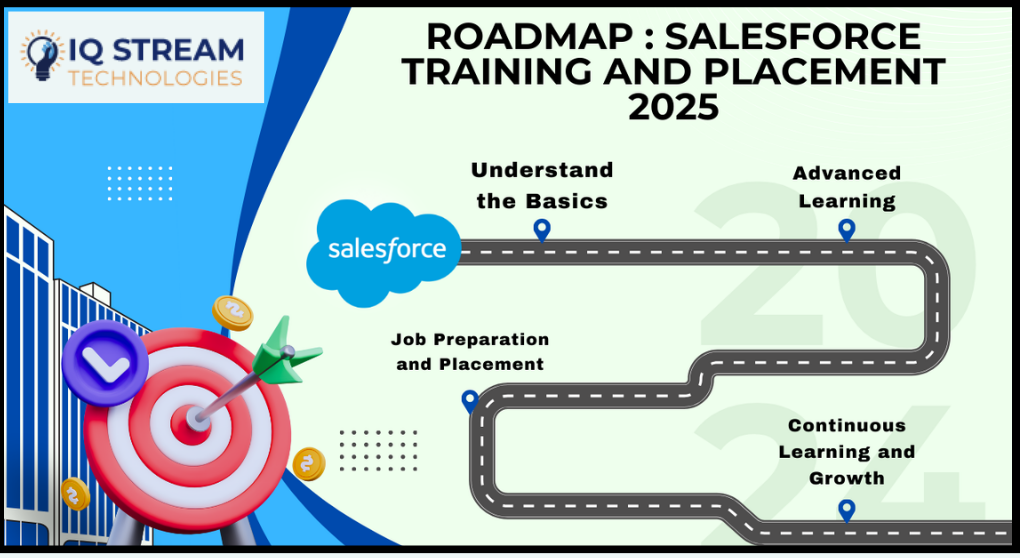The rise of technology in modern business has led to the increasing adoption of customer relationship management (CRM) platforms, and Salesforce continues to dominate as the leading solution. With its robust functionality and extensive applications, Salesforce is a skill in high demand across industries. For professionals in 2025, pursuing Salesforce training can be a pivotal move toward transforming your career.
This article will explore how Salesforce training can elevate your career prospects, the diverse options available for learning, and how to select the best Salesforce training institute for your goals.
Why Salesforce Training is Essential in 2025
Salesforce is more than a CRM platform; it’s an ecosystem that empowers businesses to manage customer relationships, automate processes, and gain actionable insights. Professionals skilled in Salesforce are critical for businesses striving to achieve these goals, making Salesforce expertise a valuable career asset.
Unprecedented Demand for Salesforce Professionals
With over 150,000 companies using Salesforce globally and the platform’s functionality continuously expanding, businesses need certified professionals who can effectively implement and manage their Salesforce operations. According to reports, the global demand for Salesforce-related roles will exceed 4.2 million by 2026. This growth signifies the unparalleled opportunities available for Salesforce-trained professionals.
| Metric | Data for 2025 |
| Companies using Salesforce globally | 150,000+ |
| Expected Salesforce job openings | 800,000+ |
| Average salary for Salesforce roles | $85,000 – $140,000 annually |
Career Roles Available After Salesforce Training
Salesforce training opens up a wide array of career opportunities, such as:
- Salesforce Administrator
- Salesforce Developer
- Salesforce Consultant
- Salesforce Marketing Cloud Specialist
- CRM Analyst
Each role offers unique responsibilities and competitive salaries, making Salesforce training a flexible and rewarding investment.
Benefits of Pursuing Salesforce Training

1. Industry Recognition and Credibility
Completing a Salesforce training program from a recognized institute validates your expertise in Salesforce’s tools and technologies. Certifications such as Salesforce Administrator and Salesforce Developer are globally recognized, enhancing your professional credibility.
2. Career Advancement Opportunities
Professionals trained in Salesforce often experience accelerated career growth. Training not only prepares you for roles like administrator or developer but also lays the foundation for advancing into leadership positions such as CRM Manager or Salesforce Architect.
3. Increased Earning Potential
The earning potential for Salesforce-trained professionals is significantly higher than for non-certified individuals. Certifications and specialized training increase your marketability and help you negotiate better salaries.
| Role | Average Salary (USD) |
| Salesforce Administrator | $85,000 – $115,000 |
| Salesforce Developer | $100,000 – $140,000 |
| Salesforce Consultant | $120,000 – $160,000 |
4. Versatile Learning Options
Salesforce training is accessible in multiple formats to suit diverse learning needs, including:
- Classroom Training: Ideal for hands-on learners who prefer instructor-led sessions.
- Online Training: Flexible and convenient, allowing you to learn at your own pace.
- Bootcamps: Intensive programs designed for rapid skill acquisition.
5. Salesforce Ecosystem Expertise
Salesforce training ensures that you’re not just familiar with the CRM’s core features but also with its ecosystem, including tools like Marketing Cloud, Sales Cloud, and Service Cloud. This comprehensive knowledge increases your employability across sectors.
Top Salesforce Training Institutes in 2025

Choosing the right Salesforce training center is critical for your success. Here are some factors to consider:
Key Features to Look for in a Salesforce Training Institute
- Accredited Programs: Ensure the institute is certified by Salesforce to provide authorized training.
- Experienced Instructors: Opt for institutes with trainers who have real-world Salesforce experience.
- Flexible Learning Options: Look for institutes that offer both in-person and online classes.
- Placement Assistance: Choose institutes that provide job placement support.
- Access to Resources: The best institutes offer extensive learning resources, including case studies and project-based training.
| Institute Name | Specialization | Key Features |
| Salesforce Training Center | Comprehensive CRM training | Authorized Salesforce partner |
| Best Salesforce Training Academy | Developer and administrator training | Placement support, project-based learning |
| Salesforce Certification Institute | Certification prep courses | Flexible schedules, online classes |
| Local Salesforce Classes | Beginner to advanced programs | Personalized mentoring |
Steps to Start Your Salesforce Training Journey

1. Identify Your Career Goals
Determine whether you want to pursue an administrative role, a developer position, or a specialized niche such as marketing automation. This will guide your choice of courses and certifications.
2. Choose the Right Institute
Research local and online training centers. Look for reviews and testimonials to ensure the institute meets your expectations.
3. Enroll in a Comprehensive Program
Select a program that aligns with your career objectives. For example:
- Beginners: Opt for Salesforce CRM basics.
- Intermediate Users: Enroll in Salesforce Administrator or Developer training.
- Advanced Users: Consider certification-focused courses.
4. Gain Practical Experience
Practical, hands-on training is crucial. Participate in projects, case studies, or simulations provided by your training program.
5. Obtain Certifications
Pass the necessary exams to earn Salesforce certifications. Certifications like Salesforce Administrator or Salesforce App Builder add immense value to your resume.
FAQs About Salesforce Training in 2025
1. Is Salesforce training suitable for non-technical professionals?
Yes, Salesforce offers roles like Administrator and Business Analyst, which require minimal technical skills. Training programs cater to individuals from various professional backgrounds.
2. How long does it take to complete Salesforce training?
The duration varies based on the course. Basic training can take 4-6 weeks, while certification programs may require 2-3 months of study.
3. What is the cost of Salesforce training?
The cost depends on the program and institute. Online courses range from $200 to $2,000, while certification programs may cost more.
4. Are online Salesforce classes as effective as classroom training?
Yes, many online programs are highly interactive and include live sessions, practical projects, and direct access to instructors.
5. What are the prerequisites for Salesforce training?
Most beginner programs require no prior experience. However, familiarity with basic CRM concepts and business processes can be beneficial.
Conclusion
In 2025, Salesforce training is not just an option but a necessity for professionals seeking to future-proof their careers. With high demand for Salesforce expertise, competitive salaries, and diverse career paths, investing in Salesforce training offers unmatched returns. Whether you’re a beginner or an experienced professional, choosing the right Salesforce training institute will set you on the path to success. Begin your Salesforce journey today and unlock a world of professional opportunities.




